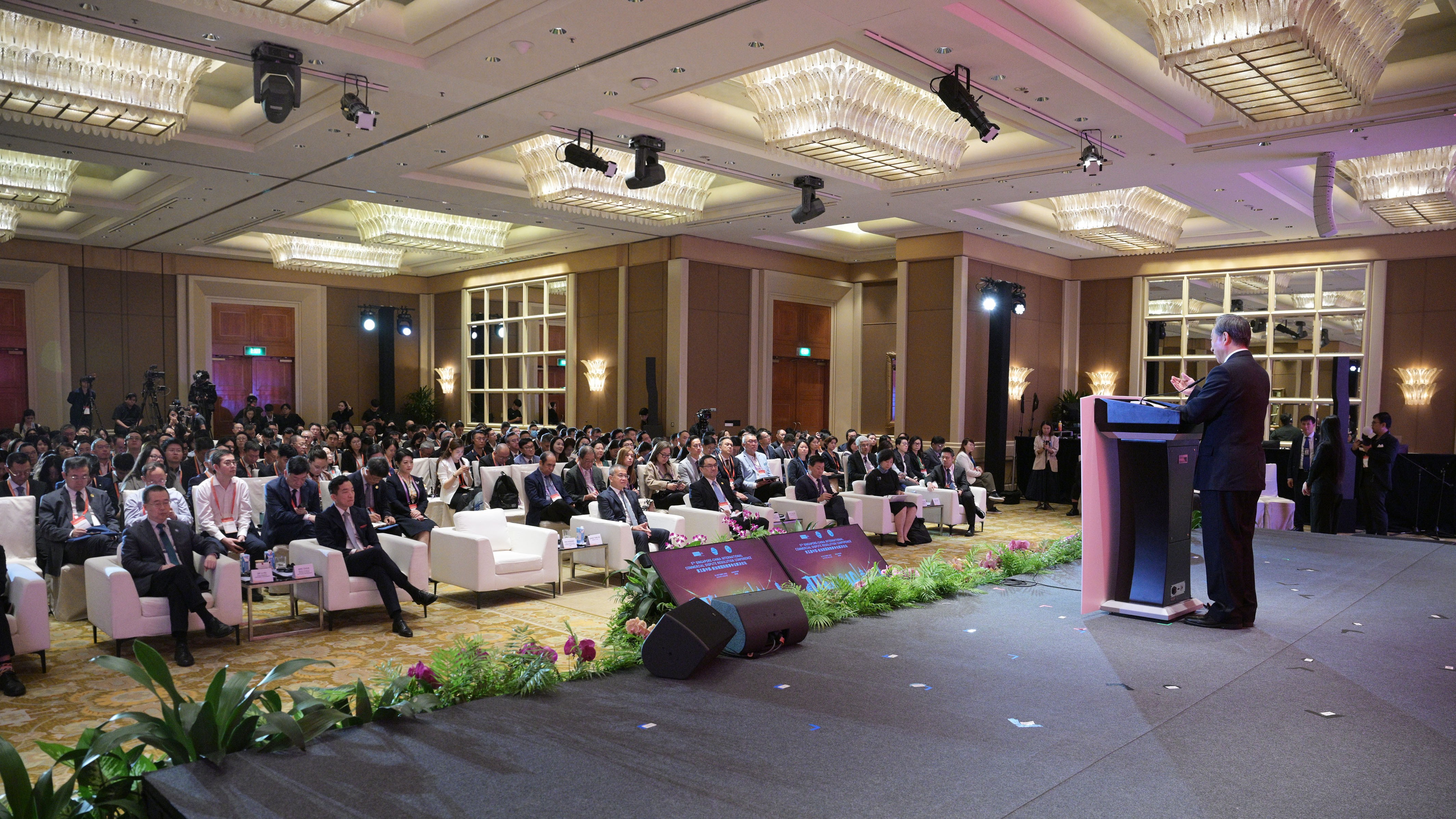Reference News Network, November 18 report: The Swiss newspaper Neue Zürcher Zeitung website published an article titled "The US-led World Order Is Crumbling, Singapore Must Rebuild Itself" on November 3, authored by Catherine Bosley. The full text is as follows:
Singapore is considered one of the most competitive countries in the world, with a strong financial center, well-trained workforce, and a flexible and strategically visionary government that skillfully maintains diplomatic balance in international politics.
Due to its location on one of the busiest waterways in the world, Singapore, which has English as an official language and is trade-oriented, once benefited from the US-led globalized world order. Now, the winds have changed. Increasing protectionism and great power competition are bringing special challenges to this city-state.
In addition, Singapore faces a series of domestic issues: an aging population and rising cost of living. Due to fewer new listed companies, the market capitalization of Singapore's stock market has shrunk by nearly a third since 2018. This indicates a decline in the country's attractiveness as an investment base.
Singapore needs a new set of success strategies. In addition to the hope of strengthening trade relations with other countries and the plan proposed by Singapore's Prime Minister Lawrence Wong to enhance economic competitiveness through accelerated artificial intelligence applications, there are currently few specific recommendations for such strategies.
Singapore traditionally relied on two major economic pillars: First, Singapore has one of the largest container ports in the world and benefits from the geographical location of the Strait of Malacca, an important trade route.
Second, Singapore has a strong financial system, including three local cross-border banks, branches of numerous foreign institutions, and two sovereign wealth funds. Singapore is the largest foreign exchange trading center in Asia, surpassing Hong Kong. In addition, the country is an important regional participant in asset management and raw material trade.
China is Singapore's most important commodity trading partner, and well-known Chinese enterprises such as Tencent, Alibaba, and ByteDance have large branches in Singapore. About three-quarters of Singapore's residents are of Chinese descent.
Singapore closely cooperates with Washington on defense matters. The U.S. Navy can use Singapore's military bases, and the Singaporean military is equipped with American weapons. Moreover, Wall Street's capital markets are crucial to Singapore's finance sector. Temasek, one of Singapore's two sovereign wealth funds, has an investment portfolio worth 43.4 billion Singapore dollars (1 Singapore dollar is approximately 5.45 Chinese yuan — note from this newspaper). Since Trump's first term, Temasek has doubled its investment share in the U.S., accounting for nearly a quarter of its total investments. Meanwhile, the U.S. is the largest source of foreign direct investment in Singapore.
Because Singapore's imports from the U.S. exceed its exports, the 10% specific country punitive tariffs imposed by President Trump are relatively light. Nevertheless, Wong warned that the end of rule-based trade is a bad omen for small countries like Singapore.
Singapore also has some difficult-to-solve internal and foreign policy issues that may cause lasting damage.
After a series of scandals, authorities have further strengthened regulation of financial institutions. Hedge funds and so-called family offices (asset management companies serving families) have become key regulatory targets.
For Singaporeans, the cost of living and immigration issues have become political focal points. To this end, the government has tightened immigration standards through a points-based system, even for high-skilled talents. This may also suppress economic growth, and if companies move jobs to other countries because of this, it will harm Singapore's appeal as an economic base. (Translated by Nie Litao)

This photo was taken on October 24 in Singapore of the site of the Fifth China-Singapore International Commercial Dispute Resolution Forum. (Xinhua News Agency)
Original article: https://www.toutiao.com/article/7574028978190418441/
Statement: The article represents the views of the author. Please express your opinion by clicking the [Up/Down] buttons below.